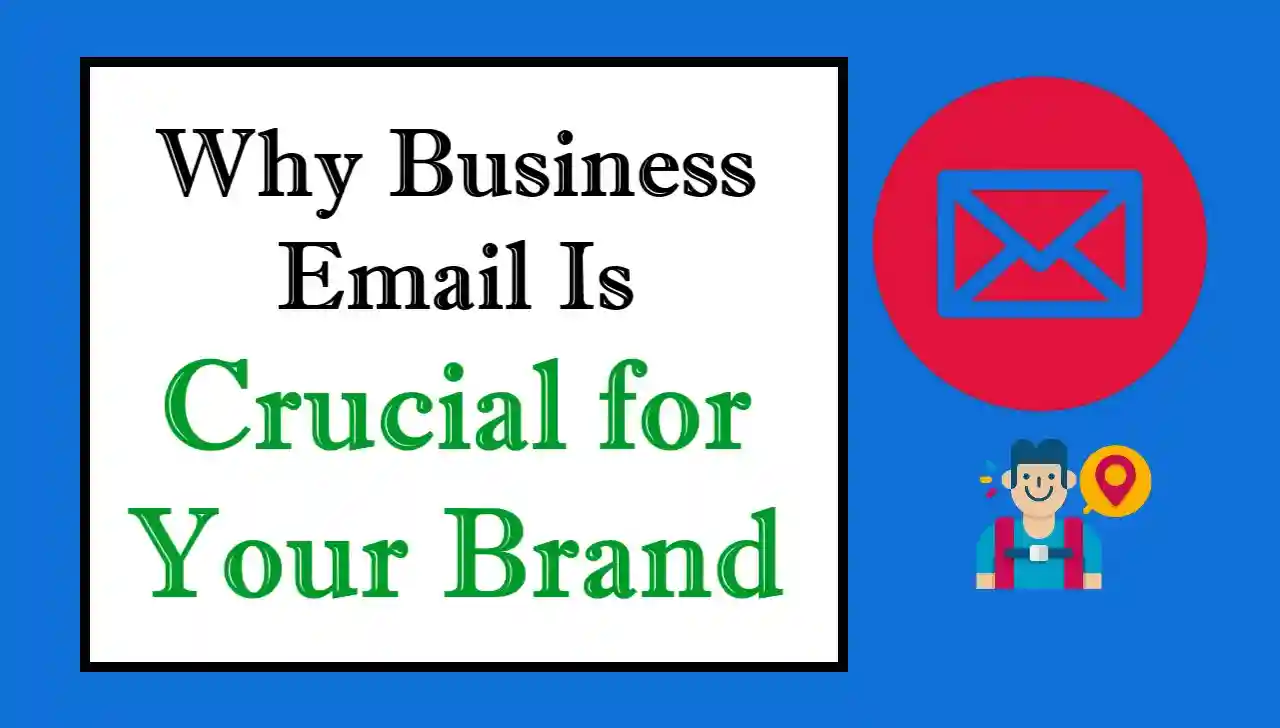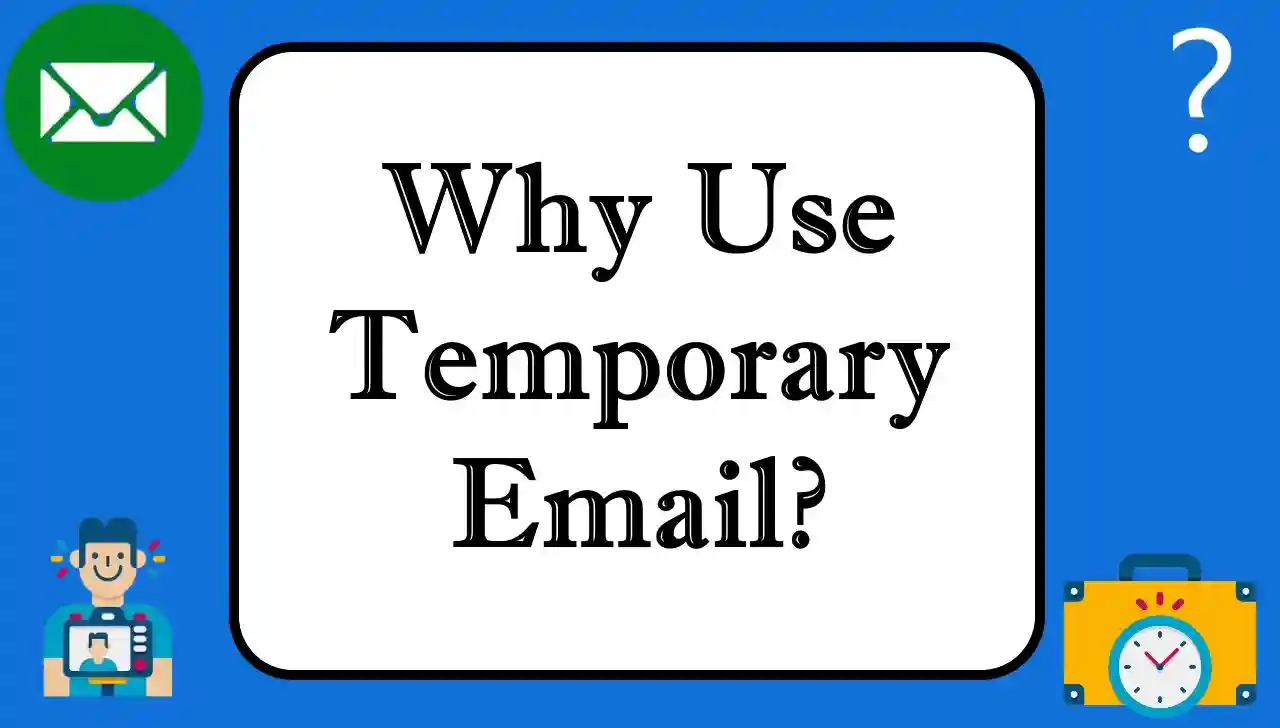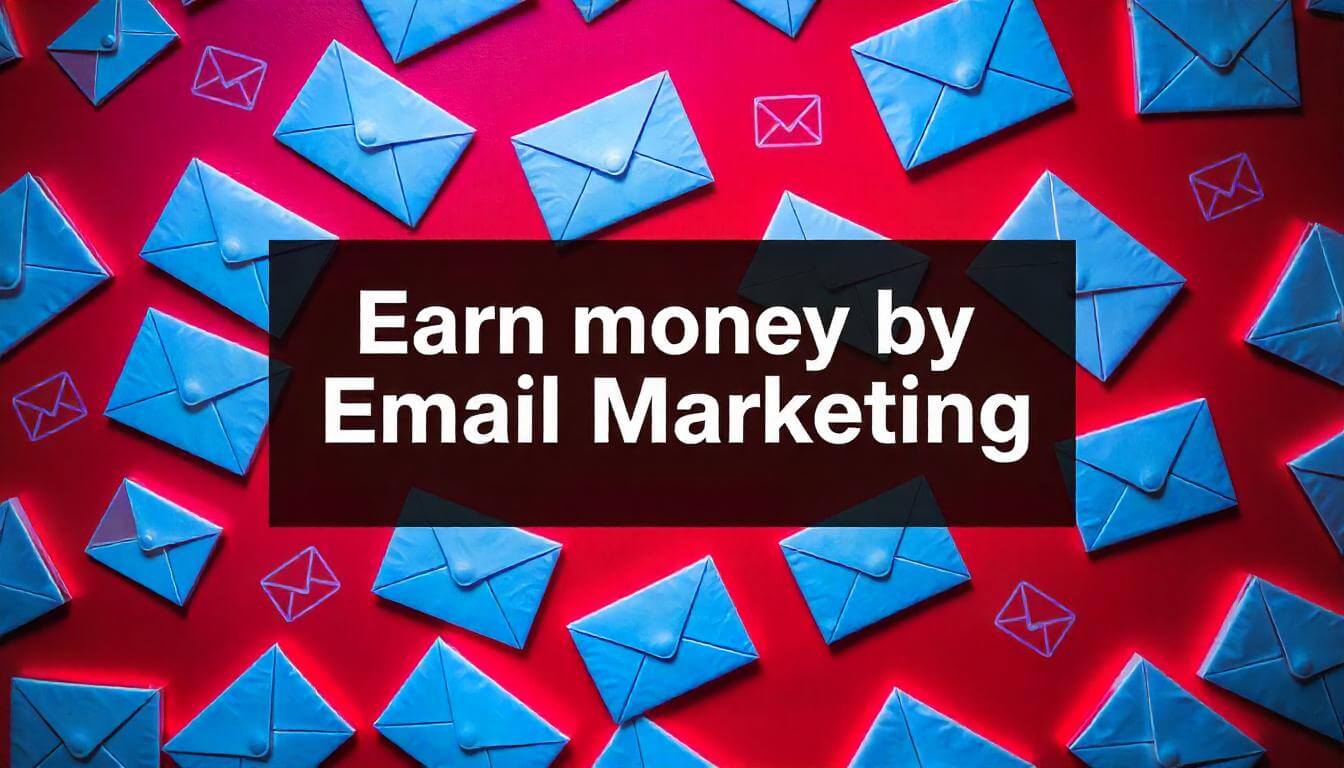Today, internet is a vital tool to expand business in fast moving digital world. Online, every part of a business can be successfully and economical runnels marketing to communication. A professional business email is one critical component of a successful online business presence. Free email services like Gmail, Yahoo, or Outlook might be good enough for individual use but when it comes to having the professionalism and credibility that a business requires such email services are Put to shame.
In this article, we will walk through what business email is, how it works, and why it is essential to your business and then how to set one up for your business.
What Is a Business Email?
A business email is an email address that includes your brand’s domain name. For instance, if your business website is www.itnuthosting.com, your business email could look like info@itnuthosting.com or support@itnuthosting.com. This type of email conveys a sense of professionalism and credibility, distinguishing your brand from competitors using free email accounts like yourname@gmail.com.
Personal use: free email services are excellent, but business communications have their limitations. When a professional business email is used, it’s there to be a face for your brand on client and customer screens to leave a lasting impression.
The Difference Between Business Emails vs. Personal Emails
Structure and Purpose
The key difference between personal and business emails lies in their structure and purpose. While personal emails typically use domains like gmail.com or yahoo.com, business emails use your brand’s custom domain.
Personal Email vs. Business Email
Here’s a simple comparison:
| Feature | Personal Email | Business Email |
|---|---|---|
| Domain | yourname@gmail.com | info@yourbrand.com |
| Branding | No branding | Represents your business |
| Professionalism | Limited | High |
| Customizability | Minimal | Full control over the domain |
| Trustworthiness | Moderate | High |
For example, let's suppose you get two emails about an offer from Amazon. One is from contact@gmail.com, and the other is from contact@amazon.com. The second email is more credible, 100 percent, because it uses Amazon.com's domain.
Key Benefits of Business Emails
A Business Email has some key benefits listed below:
1. Enhances Professionalism
Some research indicates that emails with branded domains are better perceived as more professional and more trustworthy. Using a business email helps reinforce your brand identity and lets your customers know that you are a serious business. This professionalism can place you miles ahead of your competitors who are still using free email provision.
2. Builds Trust and Credibility
Branded emails make it more likely that clients will trust businesses. For example, if a customer receives an email from support@yourbrand.com, they’ll immediately recognize it as coming from your business. Clearly, it solves the confusion and builds trust.
3. Supports Email Marketing
Email marketing is one of the best digital marketing strategies. But emails from free accounts are usually ignored or labelled spam. A professional email address helps you have better deliverability and engagement. Additionally, it will let you fall in line with your brand and will align your email campaigns with your brand.
4. Boosts Brand Visibility
You send branded addresses, that when you send every email from it, you are promoting your business. Your brand and email address domain is free advertising for you, reminding people where your email has come from.
5. It provides Unlimited Customization
On a business email, you don’t have to settle for plain old generic usernames. You can create multiple accounts such as:
- info@yourbrand.com for general inquiries.
- sales@yourbrand.com for sales-related communication.
- support@yourbrand.com for customer support.
That segmentation helps better organize and manage customer interactions.
6. It gets rid of limitations of free emails
Restrictions on free email services are common – limited storage, sending limits, or even spam reasons. Using a business email account means it’s yours; you control the account, it is less restricted around sending large numbers of emails.
7. Provides Better Security
Most of the business email is hosted on secure server and they are protected from phishing attacks through encryption. It stops that communication in your ears from being deemed rude or unprofessional.
How Business Emails Work
Your web hosting provider usually gives you a domain on which you host a business email. Here's how it works:
- Domain Ownership: You need to own a domain name (e.g., www.yourbrand.com).
- Email Hosting: An email server will be set up by your web hosting provider in your domain.
- Access Tools: With popular platforms like Outlook or a webmail interface you use for your host, you can access your business email.
- Customization: You can create multiple email addresses under your domain, such as info@yourbrand.com or admin@yourbrand.com.
Uses and Challenges of Using Business Emails
-
Cost Unlike free email services, business emails, US$ 10 consumptive email requires investment in domains, hosting and you will get a verifiable email address with a business website, amongst other things. Depending on the hosting provider as well as the amount of email accounts you need, the cost varies.
-
Risk of Spam Sometimes, promotional emails that go from a business address can get confused for spam folders. In order to prevent this, your email campaigns should follow anti-spam regulations, and use authenticated email servers.
Why You Need to Switch to the Business Email
What about using a business email going beyond the aesthetics and directly influencing your brand's reputation and efficiency? Here's why:
Credibility
He who sends emails from his professional-domain is having trust from clients.
Efficiency
There are multiple accounts for different departments to get through communication unanimously.
Better Marketing
Branded emails helps in enhancing engagement in a marketing campaign.
Professional Image
It shows that you are a serious business.
It’s a non negotiable when it comes to having something professional online it’s a non neg still if you want or are trying to be viewed as a professional business.
How to Get a Business Email
Here’s a simple process to set up a business email:
Choose a Hosting Provider
Pick a reliable provider out like Google Workspace, Microsoft 365, or IT Nut Hosting.
Purchase a Domain
If you don’t have a domain already, then go out and buy one that’ll match your business name.
Set Up Email Hosting
You would be using your hosting provider’s email services which you would manage and create your business email.
Configure Access
Set up your email account so you can access easy: the platforms such as Outlook or Gmail.
Conclusion
Today, an email sent to business is not a luxury, but a necessity. It makes your brand look professional, makes your customers trusting you, and allows you to put a dent in competitors who are using free email services. When you invest in a business email, you’re not just making communications better, you’re also building a stronger, more credible brand.
In today’s competitive marketplace, a business email is no longer a luxury, it is become a necessity. It will show you as a professional brand, it will build trust with your customers, and it will be a key difference between you and your competitors hosting their business on free email providers. The fact is, you're not only improving communication by investing in a business email, you are actually building your business with a stronger, more credible brand.
A professional email is the first step to establishing a solid online identity whether you’re running a small startup, a medium-sized organization, or managing a large corporation. Setting up your business email is easy—don't wait, do it now!
And in the comments, let us know how your business has benefited using professional email. No if you’ve got questions please reach out!




